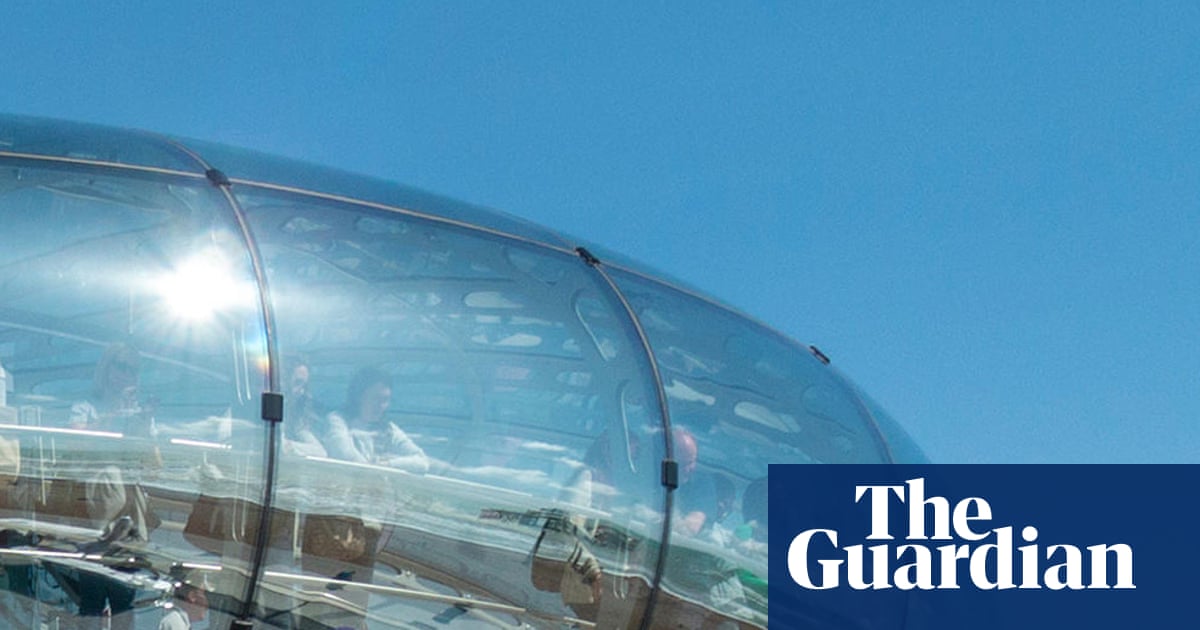
"Pods launch high into the sky and connect with one of thousands of circuit vessels, all orbiting the world from east to west. Travellers then descend in another pod, arriving wherever they choose. Spring-loaded pads store the pod's kinetic energy when they land, and propel them up again when they launch. It's so cheap, so rapid and so ubiquitous that everyone uses it. You can work in London, meet a friend for lunch in New York and come back to work that afternoon."
"The novel's narrator, Tanner Kelly, has grown up in rural Alaska, a backwater without a pod station. He is only too glad to escape, getting a glamorous job in London as personal assistant to scientist Victor Bickle, who works for CWC, the company that runs the network. Bickle's job is selling CWC's services and whitewashing their effects. As the company's booming chief of communications, Cromwell Grant, tells Tanner: every CWC customer demands two things."
Pods launch high into the sky and dock with orbiting circuit vessels to enable near-instant global travel. Spring-loaded pads store and return kinetic energy, making pods cheap, rapid and ubiquitous. Tanner Kelly grows up in rural Alaska without pod access and relocates to London to work for scientist Victor Bickle at CWC. Bickle promotes CWC services and covers up harmful consequences. The pod network gradually accelerates Earth's rotation, shortening days from 23 hours 45 minutes toward 12 hours and disrupting circadian rhythms. Work schedules compress, stimulants and sedatives proliferate, and social and environmental systems strain under faster daily cycles.
Read at www.theguardian.com
Unable to calculate read time
Collection
[
|
...
]